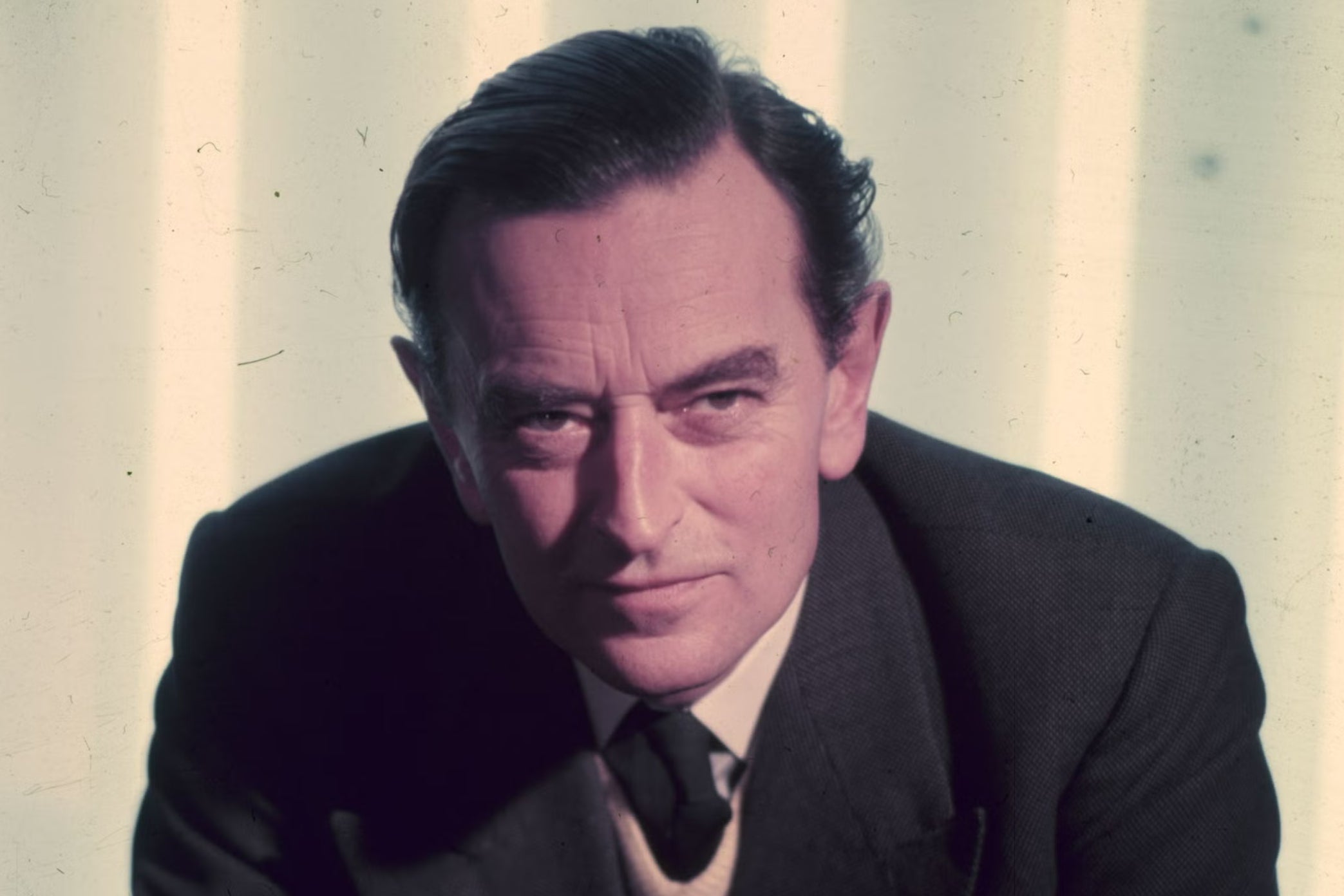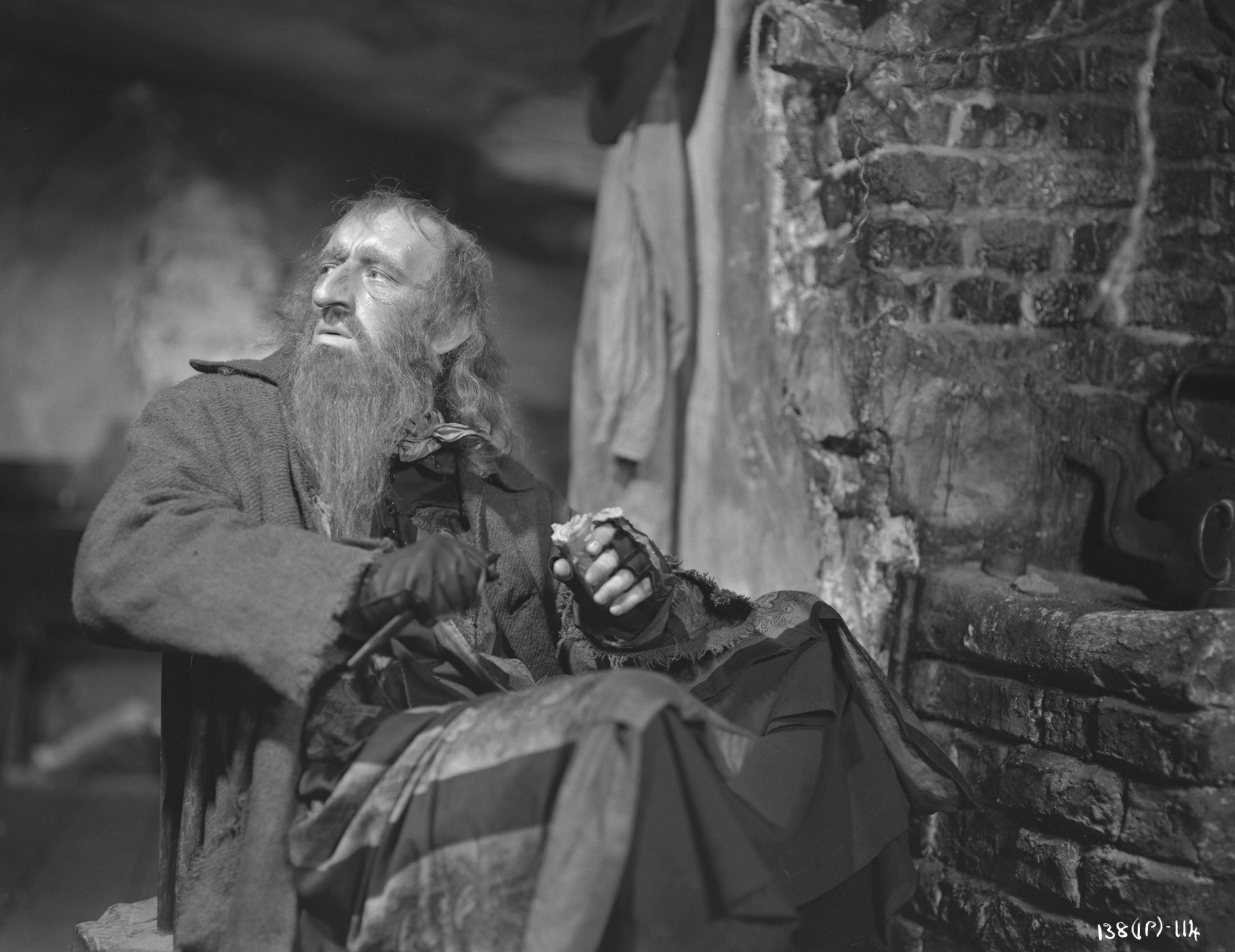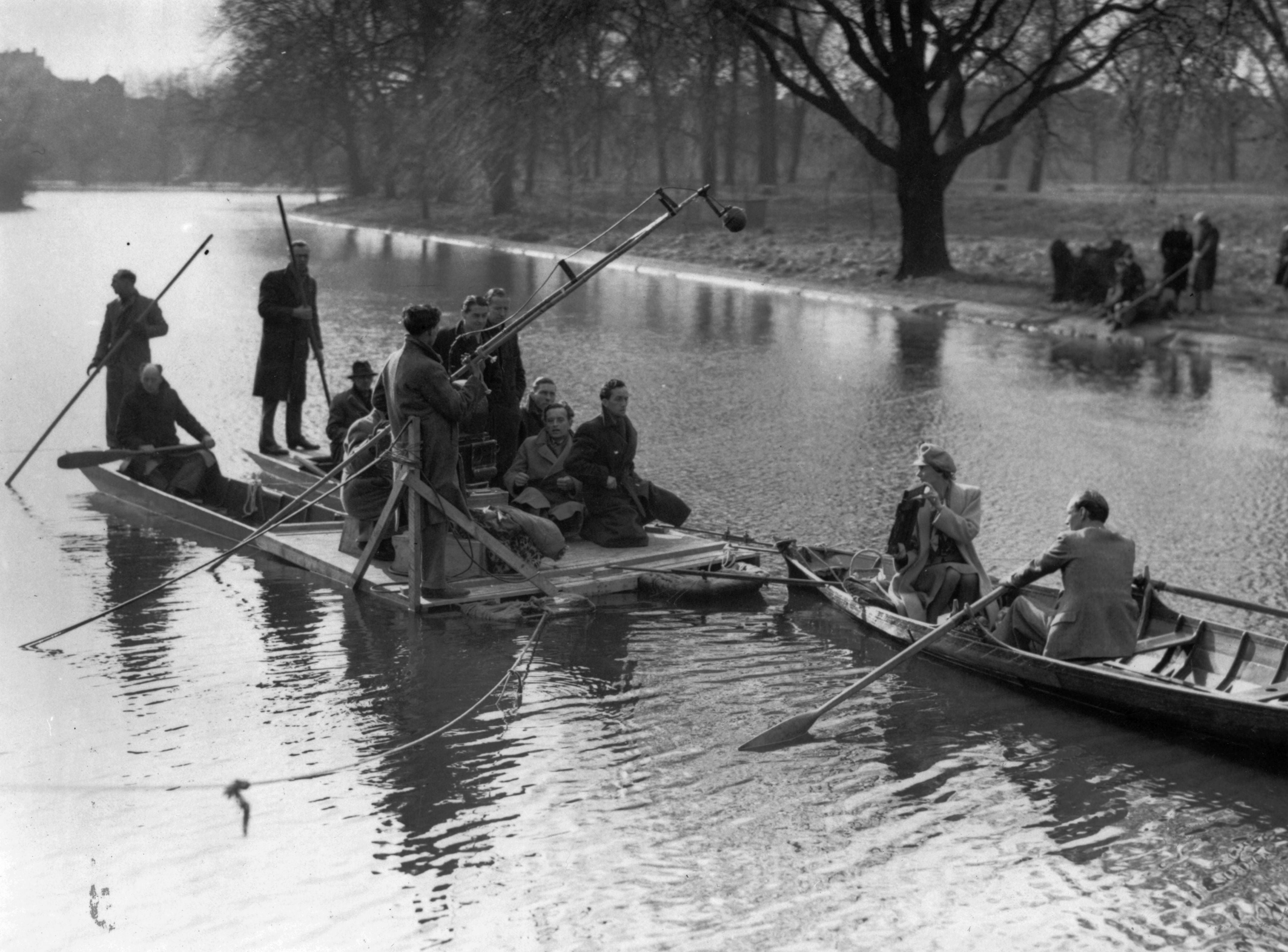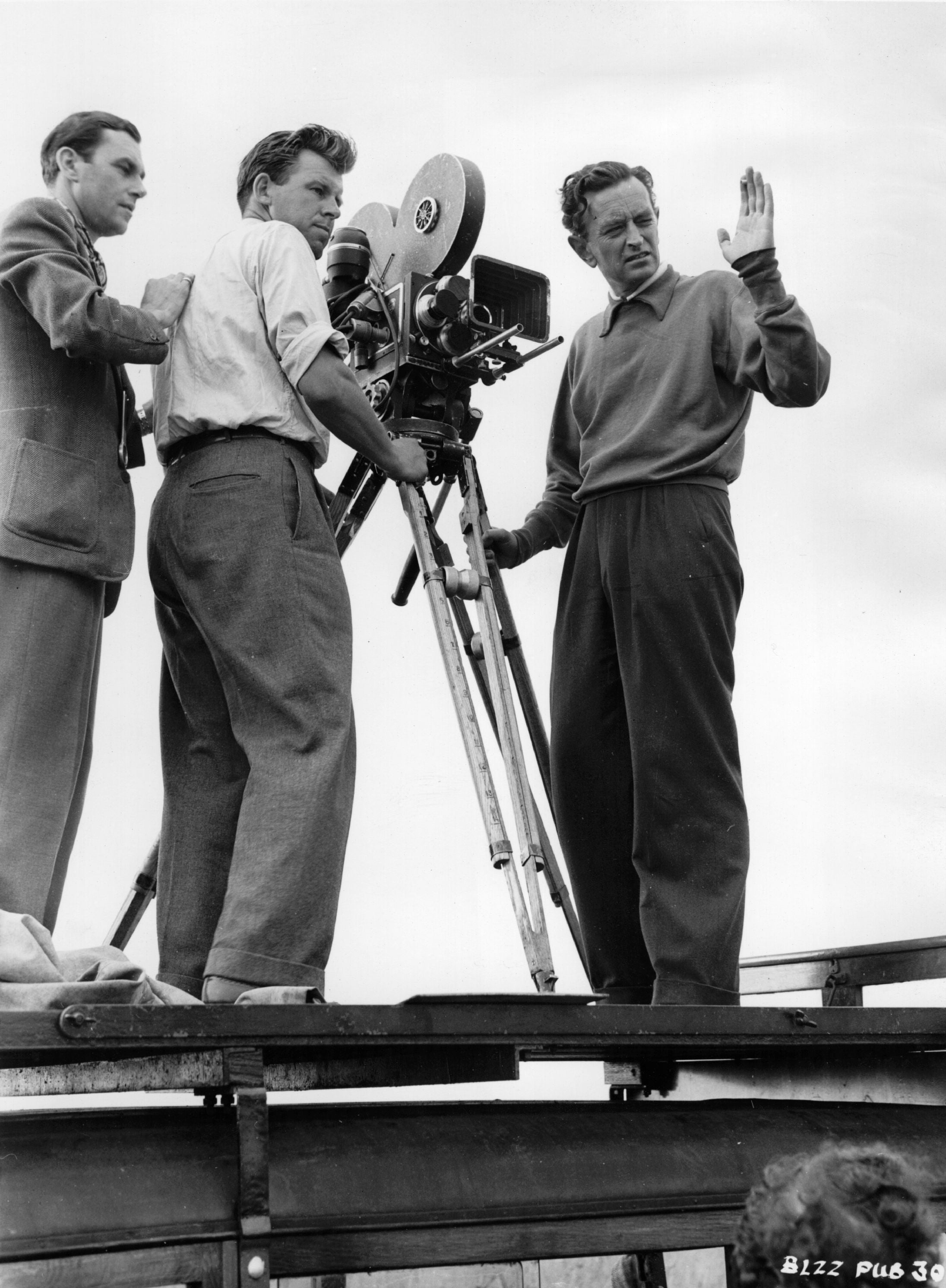Love him or hate him, David Lean was ‘the Christopher Nolan of his day’
During his lifetime, the British director’s works were either heralded as masterpieces or accused of mawkishness and racism. Geoffrey Macnab looks at the mixed legacy of a filmmaking titan who inspired awe in everyone from Spielberg to Scorsese

It makes you happy and want to cry at the same time,” rhapsodised Hoyte van Hoytema, the Oscar-nominated cinematographer of Christopher Nolan’s Oppenheimer who was struck by the sheer beauty of David Lean’s Ireland-set romantic epic Ryan’s Daughter (1970) after seeing it on a restored 70mm print.
Lean’s films have no shortage of high-profile admirers. Steven Spielberg was so overwhelmed when he first watched Lawrence of Arabia (1962) as a teenager that he couldn’t absorb it on a single viewing. “I look on that picture as a major miracle,” he later said. “I couldn’t really comprehend the enormity of the experience … I actually walked out of the theatre stunned.” Martin Scorsese loved Lawrence of Arabia too, especially its tortured, self-loathing “screw-up” of a hero TE Lawrence (Peter O’Toole), whom he likened to a character in the sort of twisted film noir he might have made himself.
Despite this, Lean’s critical reputation has always oscillated. Even during his lifetime, the British director’s works were being accused of everything from mawkishness to racism. Early in his career, he was considered highbrow and pretentious; later on, reviewers dismissed him as too populist and “schlocky”. He couldn’t win. (The latter charge might have something to do with the syrupy Maurice Jarre music he started coating his films with.) In 2024, Lean’s status remains strangely uncertain. He is one of the acknowledged titans of UK film history – and yet, contemporary viewers remain deeply uncomfortable with aspects of his films.
From today’s vantage point, Lean’s collaborations with the mercurial character actor Alec Guinness are especially problematic. When Guinness played Fagin in Oliver Twist (1948), Lean was surprised that the portrayal was attacked as antisemitic propaganda. One of his biographers, Gene D Phillips, quotes Lean as saying he simply intended to make Fagin “an outsize, and, we hoped, an amusing Jewish villain”. Nonetheless, after the film screened in post-war Berlin in early 1949, the mayor of the city signed a petition calling for it to be banned. The New York Times reported that in one German cinema, the audience was so offended that it rioted. Life magazine carried stories of Jewish demonstrators holding pitched battles with the Berlin police, which only stopped once plans to screen the movie were shelved.
Guinness’s performance was brilliant but was indeed very grotesque. He had an enormous hooked nose, matted hair, a huge, bushy beard, and he spoke in a rasping East End growl. There was a certain pathos in the way he played the role but, in hindsight, it was astonishing that Lean didn’t realise the offence audiences might take. Oliver Twist’s US release was postponed for three years. By the time the film appeared, several minutes, mainly close-ups of Fagin, had been cut.
Lean didn’t exactly learn his lesson. In Lawrence of Arabia, Guinness played Prince Faisal, and in Lean’s final completed film, A Passage to India (1984), he was the scholar, Professor Narayan Godbole. In spite of the furore around Fagin, Lean still had no qualms about asking a white Englishman to play Arab and Indian characters.
Film producer Christopher Figg worked as a young assistant director on A Passage to India. “With today’s zeitgeist, these types of casting [decisions] are extraordinary,” he tells The Independent. The movie skirted dangerously close to sitcom-style bathos. “In 1983, this was. He [Alec Guinness] was darkened up and put on an Indian accent … it could have been Peter Sellers if it had been not handled properly.”

Guinness and Lean ended up having a “major fall-out” over the film when the director ruthlessly cut out a sequence his actor cherished. The incident left lasting bitterness.
“There was this huge scene I had organised for Alec Guinness to do this Hindu dance, this wheel of life [routine],” Figg explains. “[Production designer] John Box made this set with candles … it was very sad because you clearly knew that it was never going to make the film. David Lean went through the motions of shooting it … I think Alec Guinness was very upset by all of that. I remember that at David Lean’s funeral in St Paul’s, it all started and in walked Alec Guinness. He sat at the back and then no sooner had the service finished than Alec Guinness got up and left before everybody else. He didn’t hang around for any wake or drinks afterwards.”
Figg does, however, speak admiringly of Lean’s perfectionism. “He wanted crew who loved film and that would not just turn up, bang in the nails and leave,” he says. The director was in fact so obsessed with his craft that, at times, he couldn’t see beyond it. His primary training had been as an editor and his movies were always immaculately constructed. “His scripts are a shot list – incredibly well broken down, everything thought through,” Figgs recalls. “The actors were moveable props in the nicest possible way.”

Lean may have been a perfectionist when it came to the aesthetic side of his films (“he wanted 110 per cent from everybody” Figg recalls), but others suggest he “didn’t really know what was going on in the world”. This visionary of English cinema was, after all, an accountant’s son who had grown up in a Quaker background in Croydon. His films may have dealt with seismic moments in the history of the 20th century – the Russian Revolution, the Allied war against the Japanese, the aftermath of the Easter Rising in Ireland – but he was resolutely unpolitical. Lean’s biographer Kevin Brownlow is among those to recognise the English director’s “naiveté”.
Lean isn’t the only mid-century filmmaker to be reappraised by modern audiences. Producer Nick Varley has just made a new feature documentary Made in England, about Lean’s contemporaries, Michael Powell and Emeric Pressburger, the directors behind The Red Shoes (1948), Black Narcissus (1947) and A Matter of Life and Death (1946), and whose 1941 feature 49th Parallel was edited by Lean.
He was the Christopher Nolan of his day. Nolan delights in making these wonderful epic films on a big scale and Lean was the grandfather of the epic
The documentary (screening at the Glasgow Film Festival this week following its Berlin festival premiere last week) is narrated by Scorsese who holds forth in spellbinding fashion about his passion for Powell and Pressburger’s work. The duo are now very much back in vogue. “What everyone was celebrating about the recent Powell and Pressburger season at the BFI was how many young people turned up to see the films. It’s wonderful to think there is a new generation still interested in this stuff,” David Hinton, director of Made in England, says.
Varley and his team are planning a follow-up documentary about Lean – but what will younger viewers make about that? How will they cope with, say, a film like Lawrence of Arabia that lasts for almost four hours and yet doesn’t have a single prominent female speaking part?
It’s hard to say, but then again, Lean’s films have always been under attack from someone or other. In the 1940s, when he was making Oliver Twist and Great Expectations, other producers complained about the resources lavished on Lean by the Rank Organisation during a period when they were working in very straitened circumstances.
Producer Betty Box grumbled about the special treatment Lean received when she was making her films for Rank on a shoestring. “I have seen David Lean sit on the set the whole of the day and not shoot anything and say, ‘Oh, God! Give me inspiration!’ It’s all very well, isn’t it? Why didn’t he get the inspiration before he started shooting?”, she said.

Working-class audiences guffawed at the stilted nature of Lean’s masterpiece Brief Encounter, which looked at the unfulfilled love affair between a suburban housewife (Celia Johnson) and a married doctor (Trevor Howard). “When is he going to have it off with her?” a mortified Lean heard one spectator yell out about the would-be lovers during a disastrous test screening in Rochester.
When Lean started making epics like The Bridge on the River Kwai (1957) and Lawrence of Arabia, he began to be dismissed by previous admirers of his more intimate British work as a purveyor of empty widescreen spectacle. Lean’s pictures were considered badly out of touch with the “kitchen sink” realism of early 1960s British filmmaking and with the Easy Rider generation that followed it in the US.
Chariots of Fire director Hugh Hudson wrote in Sight & Sound of Lean being invited to a lunch at the Algonquin Hotel in New York to discuss Ryan’s Daughter. The critics in attendance eviscerated him and his movie, describing him as “second rate” and “out of date”.

Lean didn’t take the criticism well. He was thin-skinned and had grown up in the shadow of his supposedly more gifted younger brother, the writer Tangye Lean. Fourteen lost years would pass after Ryan’s Daughter before another Lean movie (A Passage to India), was finally released.
When Lean died, aged 83 in 1991, the obituaries still had an equivocal and grudging air. They acknowledged his craftsmanship and formal genius but some suggested that his later films were “more stately than entertaining”. Many of his films continued to be discussed among the best ever made but in the 2022 Sight & Sound critics’ poll of the Greatest Films of All Time, none of Lean’s films made the top 100 – a sign of his declining reputation.
Audiences, though, have turned their back on Lean before but they always return to him. There will be other young cinemagoers who experience the same rapturous feelings as Spielberg when they watch his movies on the big screen for the first time. “He [Lean] was the Christopher Nolan of his day,” Varley argues. “Nolan delights in making these wonderful epic films on a big scale and Lean was the grandfather of the epic.”
Lean himself may be out of fashion but Nolan and Scorsese, two of his most fervent admirers, are both up for Oscars later this month. Even when his own films aren’t being shown, his influence is still impossible to miss.






Join our commenting forum
Join thought-provoking conversations, follow other Independent readers and see their replies
Comments